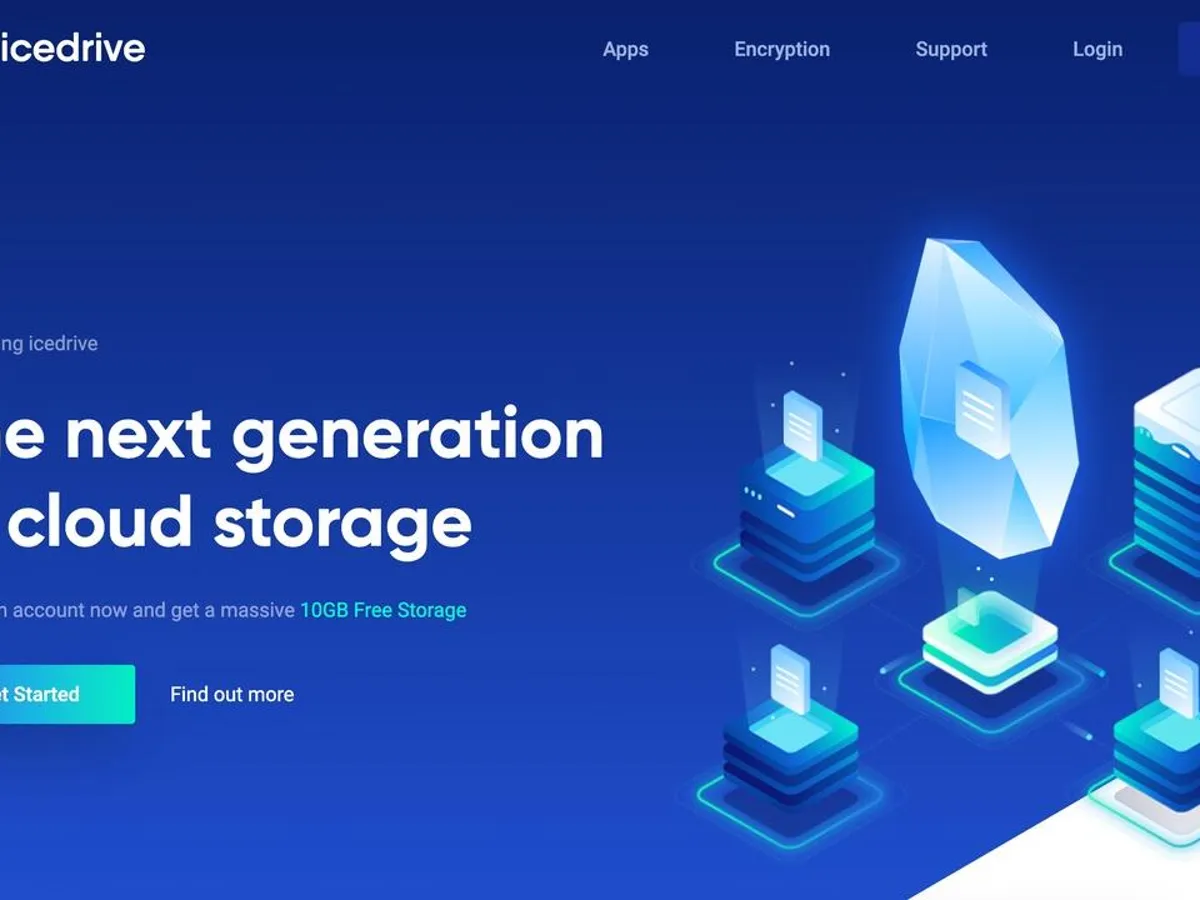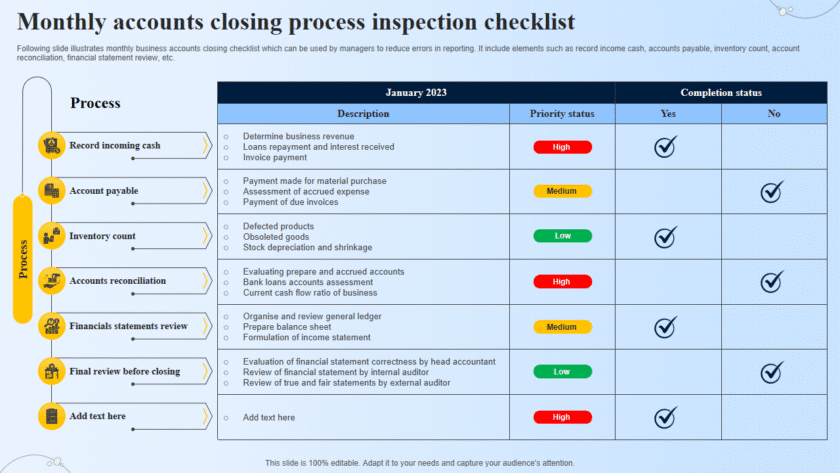🔐 How to Secure Cloud Storage Accounts
Cloud storage (like Google Drive, OneDrive, Dropbox, or iCloud) makes it easy to save, sync, and share files anywhere — but without proper security, it can expose your personal or business data to hackers.
Let’s go over practical ways to keep your cloud storage safe 👇
🔹 1. Use Strong and Unique Passwords
- Avoid reusing passwords across different sites.
- Create long, complex passwords (12+ characters, mix letters, numbers, and symbols).
- Use a password manager (e.g., Bitwarden, 1Password, NordPass) to generate and store them safely.
🔹 2. Enable Two-Factor Authentication (2FA)
- Adds an extra layer of protection — even if your password leaks, attackers can’t log in.
- Use authenticator apps (Google Authenticator, Authy, Microsoft Authenticator) rather than SMS.
🔹 3. Encrypt Your Files Before Uploading
- Cloud providers encrypt data, but client-side encryption (encrypting files before upload) gives extra protection.
- Tools like Cryptomator, VeraCrypt, or Boxcryptor can encrypt folders before syncing.
🔹 4. Be Careful with File Sharing
- Avoid using “Anyone with the link can view/edit” unless necessary.
- Prefer specific email-based sharing and set view-only permissions when possible.
- Regularly review shared links and revoke old or unnecessary ones.
🔹 5. Keep Software and Apps Updated
- Update your cloud apps and desktop sync clients frequently.
- Updates patch vulnerabilities that attackers might exploit.
🔹 6. Monitor Account Activity
- Check your cloud provider’s activity logs for unusual logins or file changes.
- If you see anything suspicious, change your password immediately.
🔹 7. Avoid Public Wi-Fi When Accessing Cloud Accounts
- Hackers can intercept data on unsecured Wi-Fi.
- If necessary, use a VPN to encrypt your connection.
🔹 8. Backup Important Files
- Don’t rely on cloud storage alone — files can still be deleted or corrupted.
- Keep a local or external drive backup of your most important files.
🔹 9. Secure Your Connected Devices
- Protect your phone, tablet, and PC with screen locks, antivirus, and OS updates.
- If a device gets compromised, your cloud account might be too.
🔹 10. Be Wary of Phishing and Fake Emails
- Never click on suspicious links claiming to be from Google Drive, Dropbox, or iCloud.
- Always log in by typing the official URL in your browser manually.
✅ Bottom Line:
Cloud storage is safe only if you use it wisely. Combine strong passwords, 2FA, encryption, and secure sharing to ensure your data stays private and protected.






